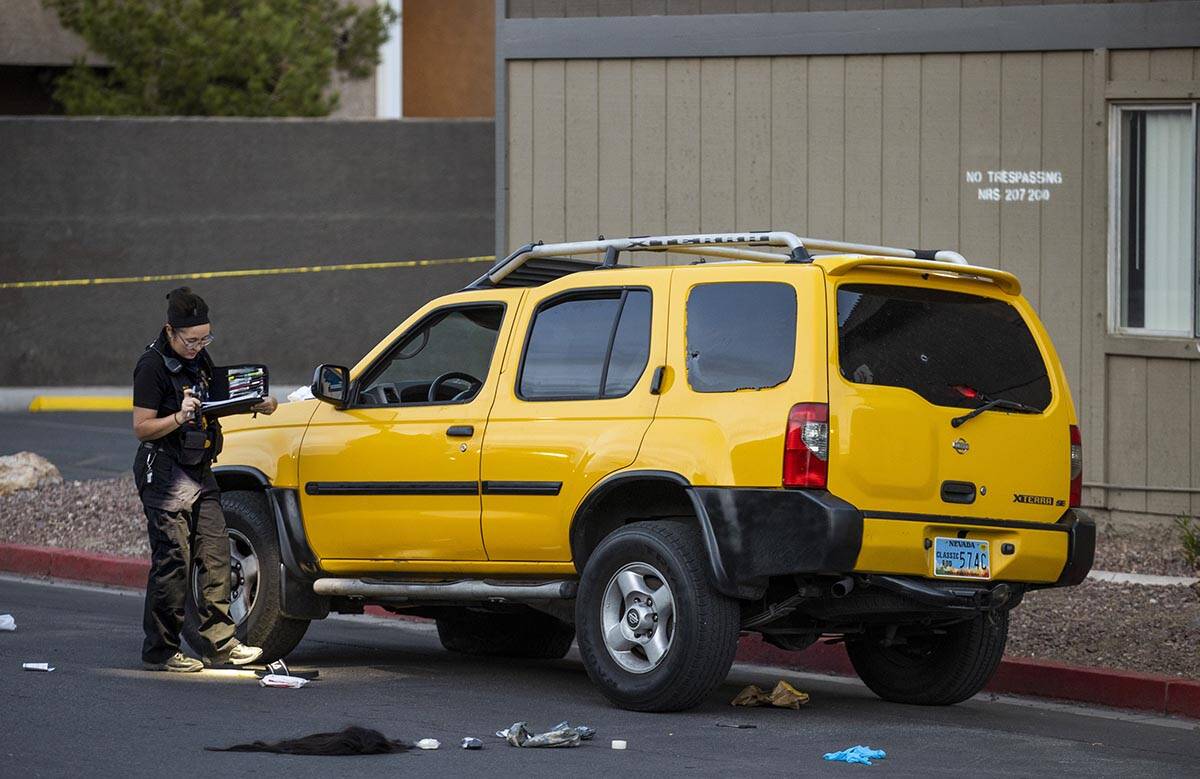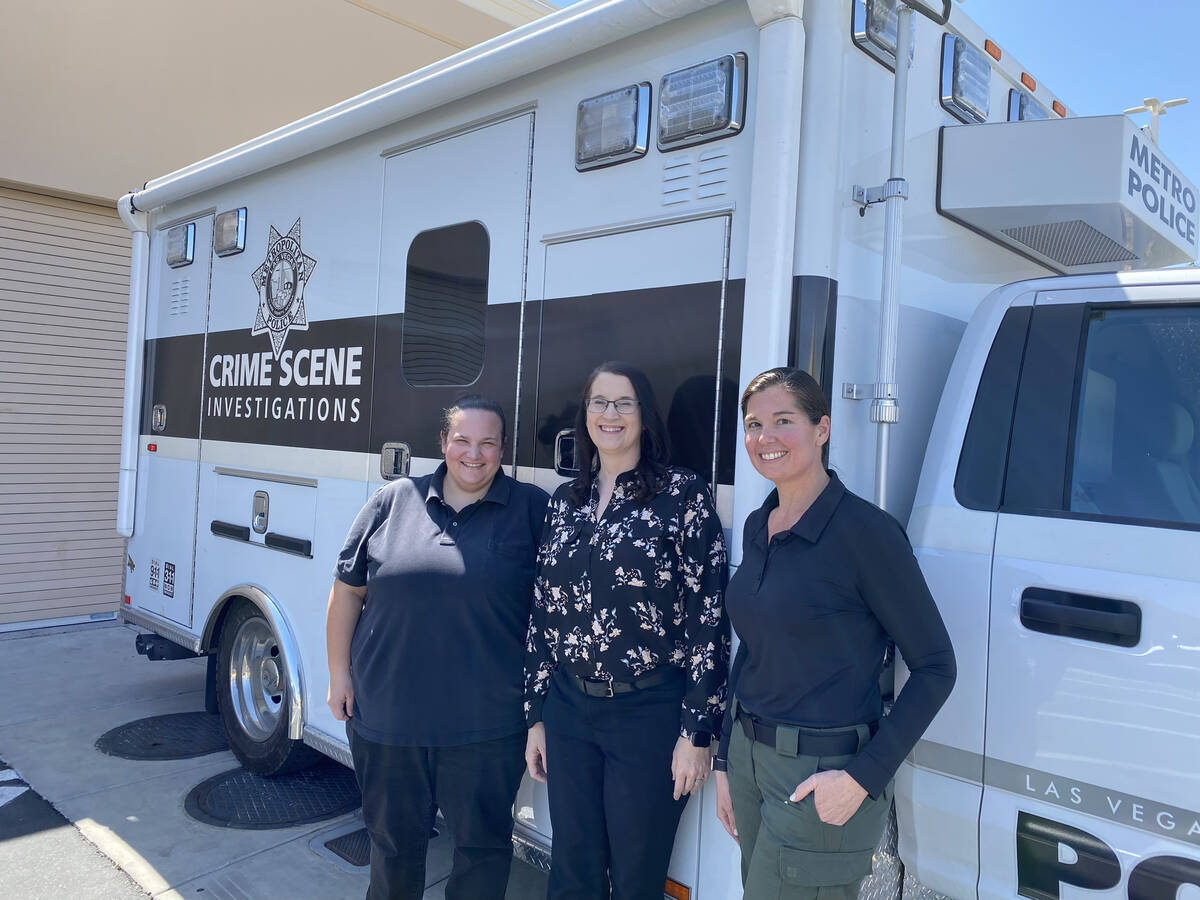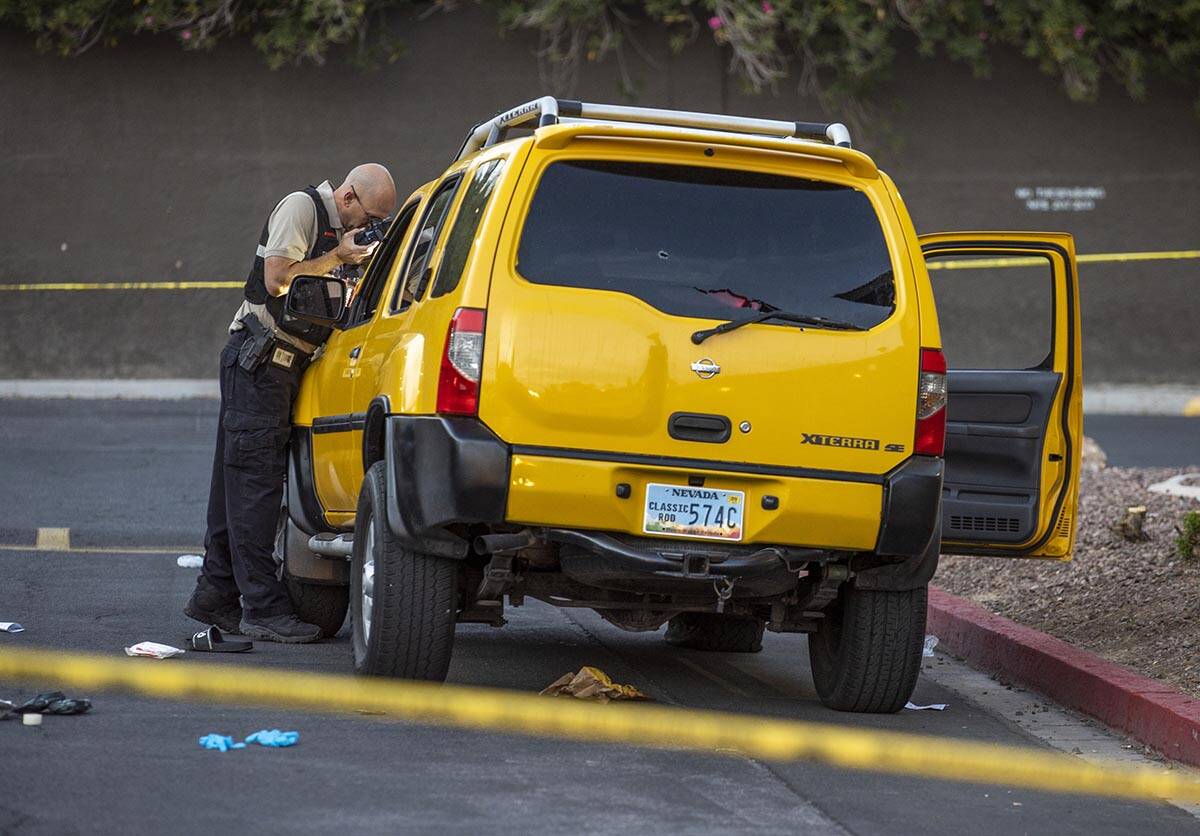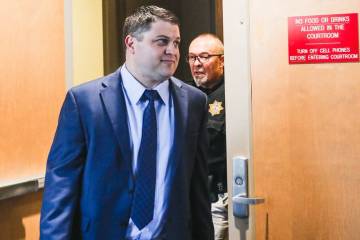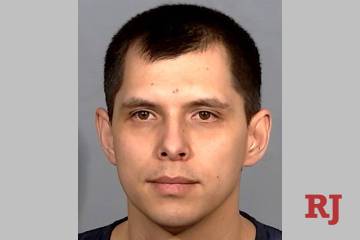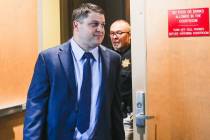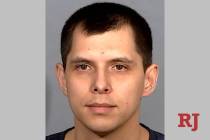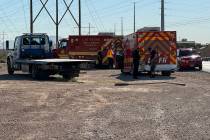How Metro CSI in Las Vegas works to bring victims, families closure
Crime scene analysts don’t get a do-over. They get one shot to collect evidence and document a crime scene.
In Las Vegas, to be a crime scene analyst with the Metropolitan Police Department means being part of an 80-person team whose goal is to respond to crime scenes to prove or disprove that a crime has been committed.
“It’s really important for the victims and the victim’s family that we find everything we can … we just want to give closure to people that have been affected,” Crime Scene Investigations Director Kristin Grammas said.
Senior crime scene analysts like Lara Alexander and Sabrina Steinmetz work 10-hour shifts, four days a week. Unlike most jobs, if a call comes in near the end of a shift, it can’t wait until tomorrow.
“We will have to stay and finish it out,” Steinmetz said. “Once we start something we finish it through.”
Time spent at a crime scene varies on the type of call, but the time spent at a scene is matched and sometimes exceeded by the time spent back at the crime lab after evidence is collected.
Back at the lab, chemical processing is done on items to try and find fingerprints and DNA is collected. The evidence and prints are then booked into evidence.
A supervisor and crime scene analyst respond to a typical scene but on more major crime scenes, teamwork comes into play.
“On the bigger crime scenes we divide and conquer because we have a lot more stuff to do,” Grammas said. “So we will have somebody that does the notes and report aspect, sometimes they do the photography and then normally we have one that does the evidence collection and our diagramming.”
Along with crime scene analyst duties, Alexander works as an intel liaison, working with the CSI team, the crime lab and detectives to make sure everyone is on the same page about evidence. Senior analysts rotate into the role every couple of years.
Alexander recalled one of her first assignments during in-the-field training with a senior analyst after completing the CSI academy.
“I had never seen a dead body before coming here … It was kind of a make it or break it. I’m either going to be able to do this job or not,” Alexander said.
Steinmetz worked as a patrol service representative for Metro before moving to CSI. She called her previous assignment a stepping stone to CSI because she got experience processing fingerprints and photographing crime scenes.
Now she’s the training coordinator for CSI and runs the unit’s academy.
“I love our job because everyday is different,” Grammas said. “You never know what’s going to happen.”
Contact David Wilson at dwilson@reviewjournal.com. Follow @davidwilson_RJ on Twitter.



